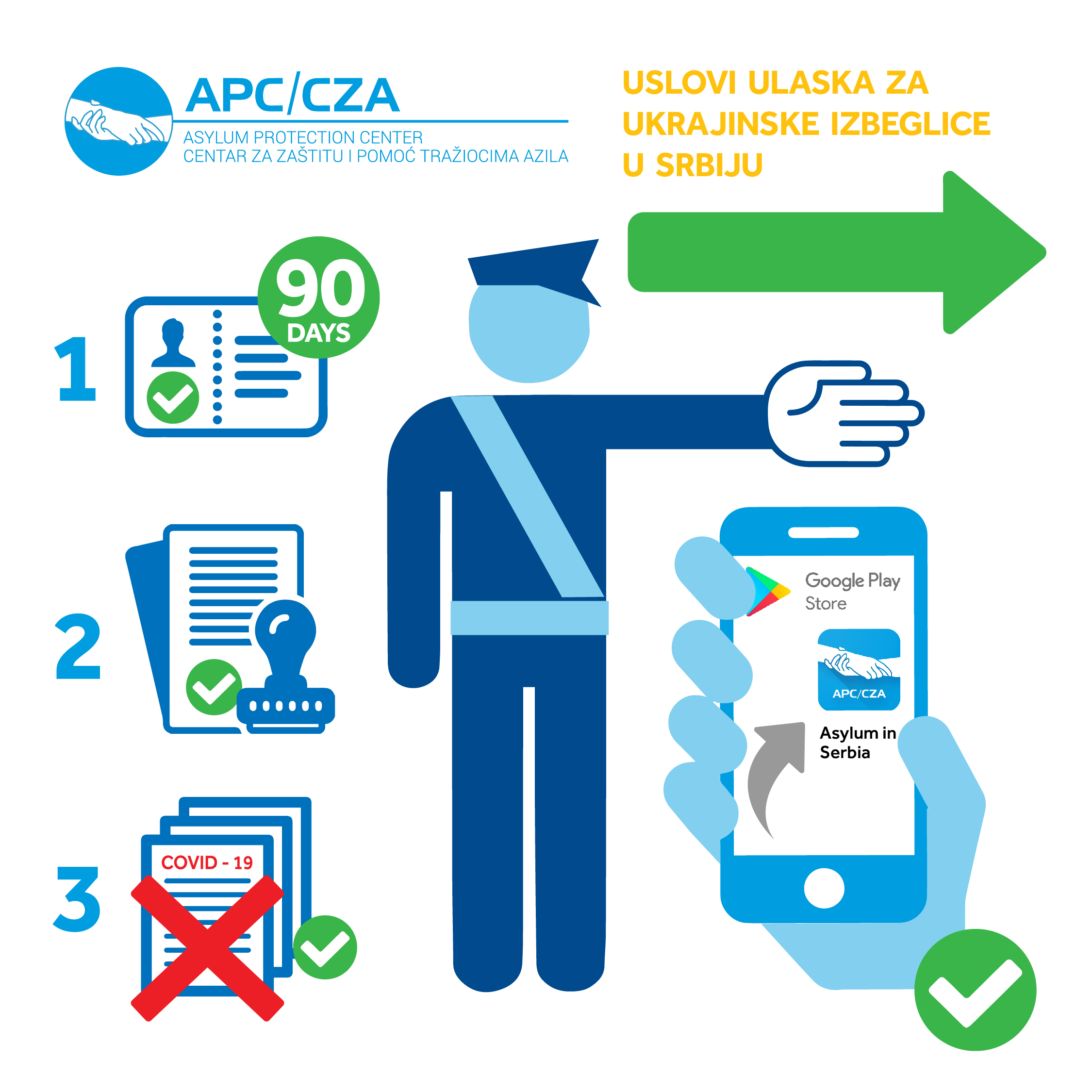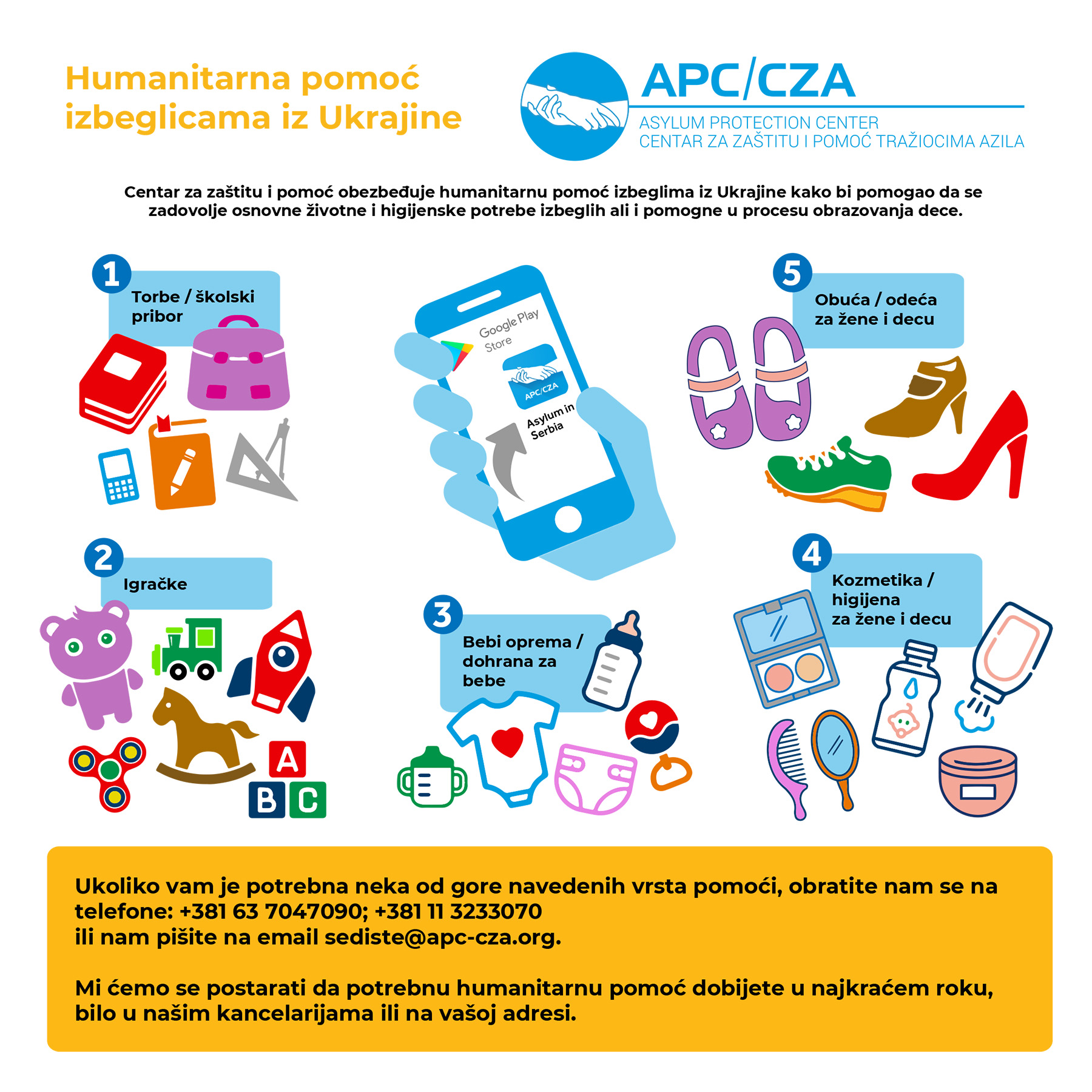Belgrade, September 20 – Members of the European Border and Coast Guard Agency will be deployed on the borders of Serbia, as is envisaged by an agreement between Belgrade and Brussels, which has yet to be ratified. (English version below)
The agreement signed by the European Commissioner for Internal Affairs and Migration Dimitris Avramopulos and Serbian Minister Nebojsa Stefanovic allows the European Border and Coast Guard Agency to conduct border controls in the territory of Serbia in cooperation with the Serbian border police in order to strengthen the Union’s external borders.
The European Commission expects all countries in the region to meet such agreements, as Serbia is the third to start an agreement with partners in the Western Balkans, after Albania and Macedonia.
The European Commission’s announcement states that the European Border and Coast Guard Agency can already deploy teams and operate in the territory of non-EU countries with previous EU consultations and the country in question.
According to the new proposal of the European Commission, Fronteks will number 10,000 people by 2020 and will be able to sign cooperation agreements with countries that are not within borders of the EU.
The European Commission states that the European Border and Coast Guard task is to better protect the EU’s external borders, effectively managing migration flows and ensuring a high level of security in the EU.
It is an operational instrument whose members will be under the control of the host country, and will work on granting or refusing entry at the EU’s external borders, as well as intercepting an individual who has crossed the border illegally, explained the European Commission.
However, it should be said that the liaison officers Fronteks have been operating in Serbia since last year, where the head office of the regional office for the coordination of the organization is also here, and that this agreement should regulate the position of their officers and working conditions in Serbia.
“The assumption is that this is a signed agreement, a regular contract regulating the position of Frontex officials, carrying weapons, their legal status and immunity, as well as the conditions in which they work in Serbia. Such agreements involve the manner of engagement of officials of that organization, whose presence should be able to coordinate with our and other police in the region, to be on the border, in the field, to work together with the police in emergency and special circumstances and to participate in the deportation of people.
When it comes to the fears that after the signing of the agreement Serbia will have to build a collection center for migrants, it should be remembered that there are already 18 reception centers in our country for these people and that they are increasingly “stuck here regardless of whether this agreement exists or not.
The Balkan route is not closed and people still coming from the south and Serbia’s migration can not escape. It remains to be seen whether Fronteks will help the field, but with them and without them, we need to have a strategy and prediction as to how we will deal with this issue.
With this agreement whose main goal is to stop migration from outside the EU, there is a growing possibility for people who are on the borders and in the field to testify about abuses that happen at the border with Hungary and Croatia, because this agreement also brings a clause on the respect of human rights of migrants . So what happens on these borders, where people are pushing back and harassing, could be documented, so maybe it will give up that practice or the international public will now be more informed about these events.
 AzilSrbija AzilSrbija
AzilSrbija AzilSrbija




